In the Greater Pittsburgh region there’s a consistent theme. Considering we were once the industrial backbone of America, the people in this region know a thing or two about self-reliance and saving money by putting a couple of bucks and a little sweat-equity into various trades around the house. From changing the oil in your car to laying flooring or hanging/finishing drywall. Chances are that you or someone in your immediate circle has the know-how to tackle these tasks. With that train of thought, this can apply to your HVAC system, right? How hard can it be?
Wrong train of thought.
I’m here today to tell you why it’s a bad idea to approach your HVAC system with a Do-it-yourself attitude. This includes furnishing and/or trying to install it yourself.
The World of E-Commerce
You can buy a lot of things online. Online shopping has added convenience and ease for homeowners – just about anything you could possibly need, can be delivered quickly to your door! This way of shopping is especially handy during a global pandemic or when something in your home is broken and you need a fast replacement.
Your current equipment is broken down, there’s an overload of information readily available online to help you evaluate replacements, troubleshoot, and even tutorials on minor repairs — So why shouldn’t you do this with your HVAC equipment?
1. HVAC Repairs Can Be Dangerous
What you don’t know can and will hurt you. HVAC units are highly technical and use a large amount of voltage electricity. It’s best to stay away from these levels of electricity if you don’t know (or half-know) what you’re doing.
Heating and cooling appliances also use chemicals and refrigerants that most of the general public is unfamiliar with. Handling these chemicals can be deadly if the proper precautions aren’t followed. Proper training and safety gear is essential to make sure no one is injured by or exposed to deadly chemicals used in these systems.
2. HVAC is Highly Specialized
HVAC is a different animal when comparing it to other trades.
Spurk HVAC technicians, for example, are experienced and have a blended skill set that includes:
- Mechanical Aptitude – Your HVAC system is mechanical! It requires a high amount of mechanical aptitude to be fixed or installed correctly.
- Math – Our technicians must feel comfortable taking measurements, calculating heating and cooling loads, gauging proper space requirements, and handling other simple calculations.
- Chemistry -Refrigeration relies on the laws of thermodynamics, pressure and temperature relationships, and the refrigeration cycle.
- Physics – Knowledge of electricity and electrical components is integral to the success of any HVAC technician.
- Specialized tools – Do you have a manifold gauge lying around? Probably not. You wouldn’t try to build a table without a hammer and a saw. The same is true for HVAC repairs. Specialized, professional tools are used to correctly identify and repair problems. Without these tools, you run the risk of creating even more damage to the unit.
This isn’t to say that HVAC is impossible to learn or to pat ourselves on the back. You probably already have an understanding of a lot of these concepts. But when it comes to practical application, it’s best to leave it to the professionals.
3. Small Issue – Big Problem
What might seem like a small problem to you could really be a symptom of a much larger issue. Even more challenging is diagnosing the real problem with the symptoms masked. If there’s an issue with your unit, have a technician take a look to ensure that you aren’t just patching an issue that will eventually become a costly, dangerous and inconvenient problem down the road.
Small problems can quickly become big problems. The most dangerous decision is trying to fix something you don’t know how to fix. One wrong decision can lead you to more damage than there was to start. The more you attempt to repair, the higher the risk of damaging a unit beyond repair.
4. Replacement is Tricky
Without the knowledge of a trained technician, it’s difficult to know what your home really needs in terms of size and capacity of an HVAC unit. Making these decisions alone leads to overspending on a unit ill-fitted for your home.
When considering a new unit, do your research and schedule a free consultation with us to help you make the right choice for your space. In the end, a brief consultation at minimum helps ensure you’re making the best choice for your needs in terms of efficiency and comfort.
5. Voided Warranties
Remember when we said you can buy pretty much anything online? We meant it. You can find furnaces, condensers, mini-splits, and more online fairly easily. Even some local HVAC shops / box stores may sell the equipment. Do not do this. Not only for the aforementioned reasons, but also, the potential to lose out on a boatload of money. Most warranties on your HVAC equipment will be voided if you install it yourself and more importantly if you install it improperly.
Which is why many HVAC shops like ourselves will neither sell you any major piece of equipment nor install any equipment you have furnished.
DIY small HVAC maintenance tasks
The good news for the handy type is that there are still plenty of things you can do to maintain and service your unit. General maintenance and cleaning are essential for an efficient and healthy system. The next time you want to do a little work on your HVAC unit, take on one of these tasks.
Cleaning
Clean and check your filters. Change them when necessary to keep your unit running to its fullest potential. Complete this task frequently to make sure the air in your home is clean and your unit isn’t working any harder than it needs to. Clear out leaves and branches, and maintain clear space around the unit.
Battery checks
If you don’t already have a carbon monoxide detector, go get one. If you have one, go check the batteries. A detector with bad batteries is just as useless as not having one at all. Check that your detector is in good working order monthly to make sure your home and family are safe from poisonous gas.
About Spurk HVAC
Spurk HVAC was formed in 2018 and is located in Warrendale, Pennsylvania. We proudly serve Cranberry Twp., Wexford, Gibsonia, Mars, and the surrounding areas. We are an American Standard Customer Care Dealer and a Mitsubishi Diamond Contractor. We service all makes and models. Please contact us if you are seeking heating repair, heating system replacement, air conditioner repair, air conditioning maintenance, air conditioning replacement, or any other heating & cooling services. Whether you are looking for residential or commercial HVAC services, we look forward to any and all opportunities to become your preferred HVAC contractor.



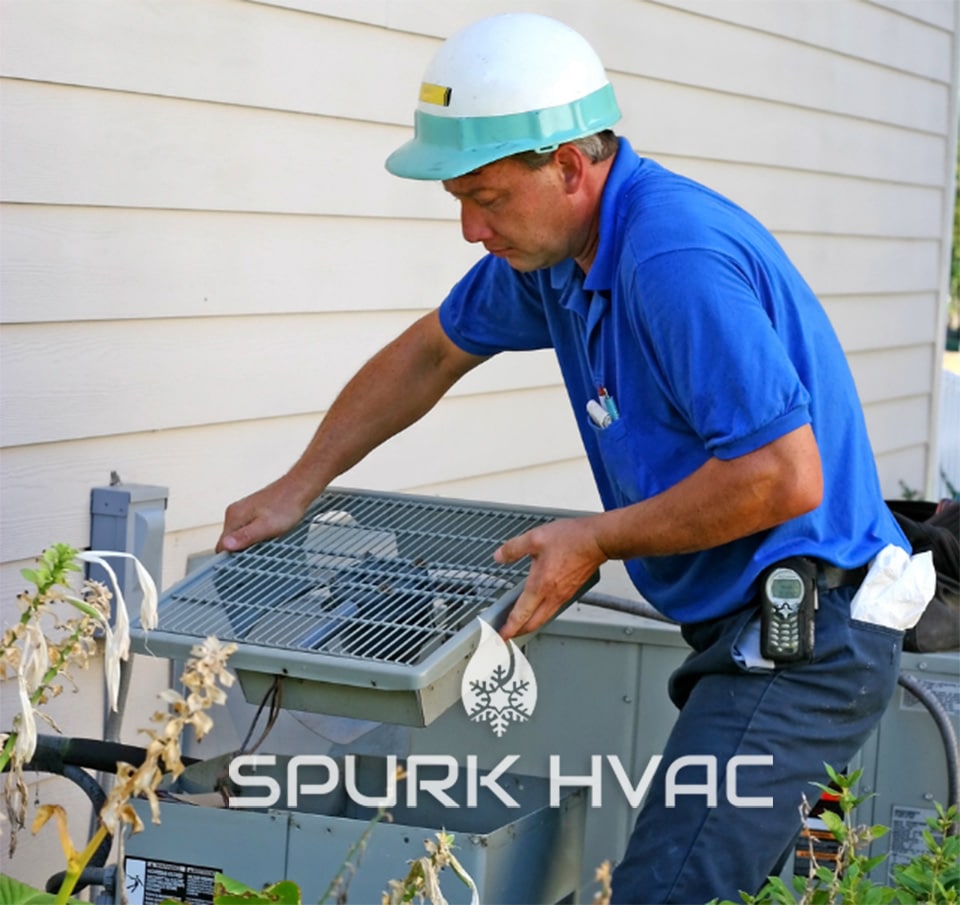
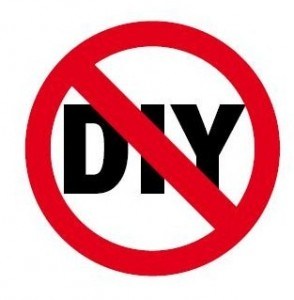
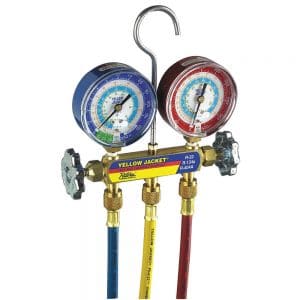
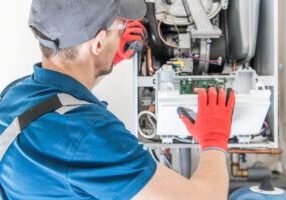
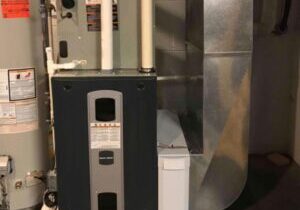
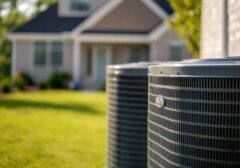
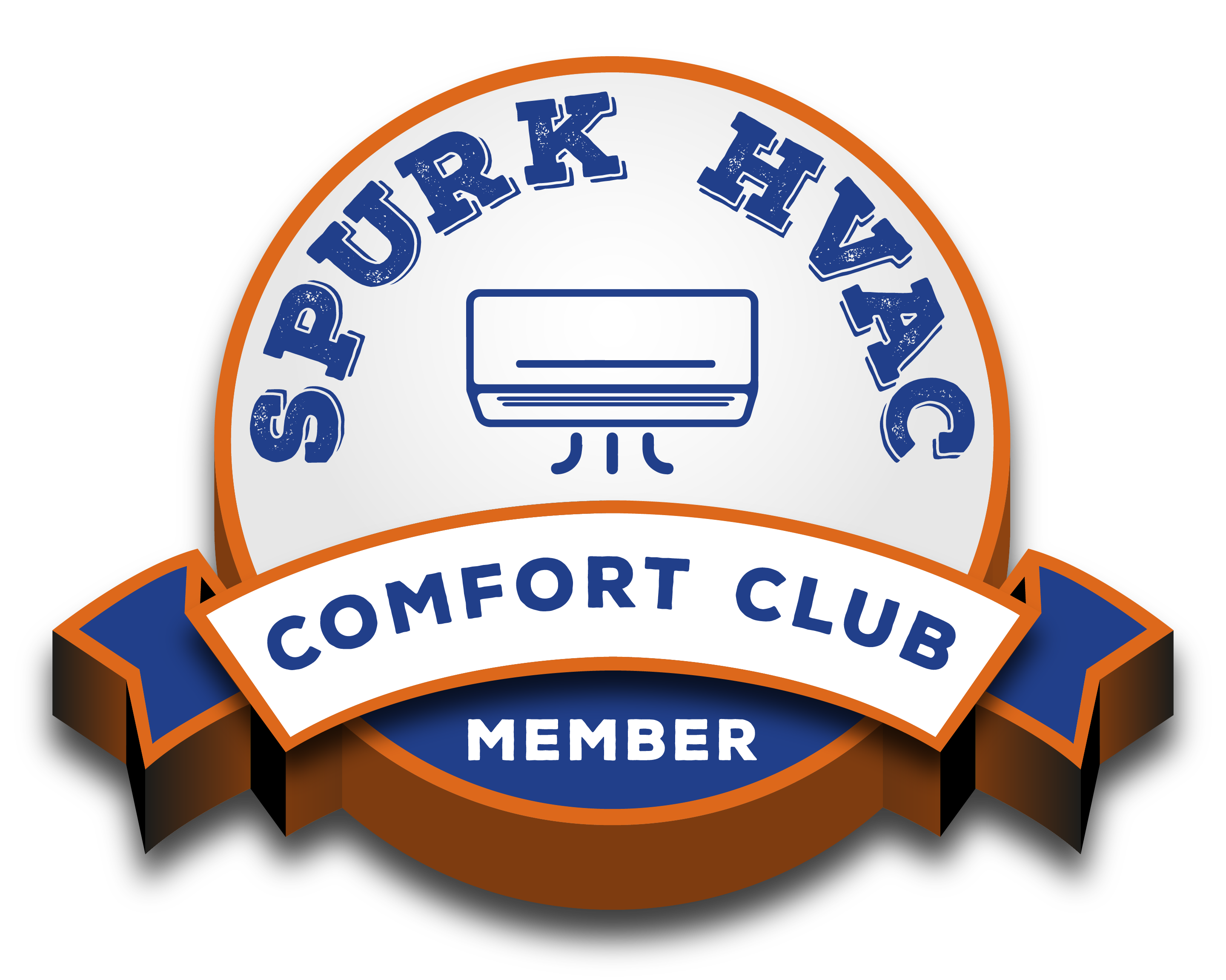
One thought on “Why You Shouldn’t “DIY” Your HVAC System”
Comments are closed.